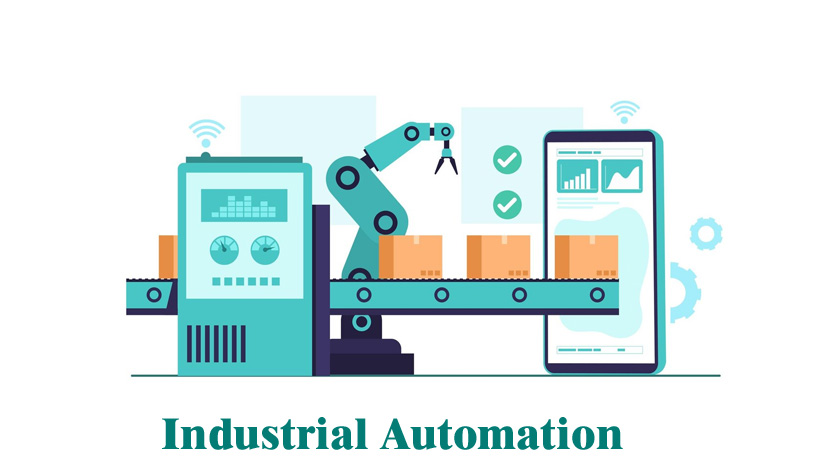Industrial automation uses different technologies, such as robotics and computer software, to control machinery and processes that will replace human beings in performing particular functions. These functions include quality control, product handling processes, and manufacturing.
Industrial automation will focus on increasing productivity by extending work hours and reducing the cost of maintaining a sizeable human workforce. Now, these goals are shifting towards improving flexibility and quality of goods.
Industrial automation has improved the safety process for workers from dangerous and rescue tasks. Due to this, there has been a reduced number of injuries associated with lifting objects and putting in or pulling things in types of machinery.
The quality of goods has been improved with industrial automation. It means that the use of software and robotics in manufacturing will catch any changes in quality earlier than humans will improve production, reduce waste, and increase profit. This offers high data collection from almost anywhere in a production line, excellent repeatability, and more.
Types of Industrial Automation
- Flexible automation: It is a type of automation that will have less human interaction and downtime. It also increases the range of products produced on one machine. Flexible automation involves precise electromechanical controls. It will also provide a changeover to help perform tasks at a later time. This process is usually used in batch production.
- Fixed automation: this helps in large volume production consistent workflow since it offers a set task. Fixed automation is also called complex automation.
- Integrated Automation: this is the most holistic approach to manufacturing. It integrates machines and devices into a single control system, connecting the dots between manufacturing and production lines. All the machines and production lines can communicate on a single network, which will help in flexible work and demand manufacturing. This will also improve customization.
In conclusion, depending on the type of company you have you can, that can benefit your company in the long run. It also help you stay on the leading edge of the competition. This will not only help you decrease expenses but also help you produce high-quality products in less time.

